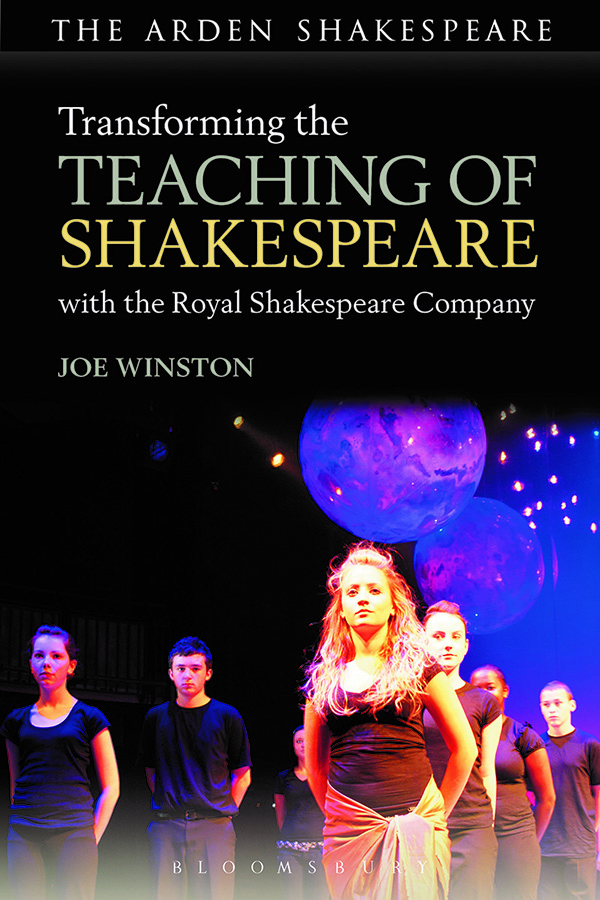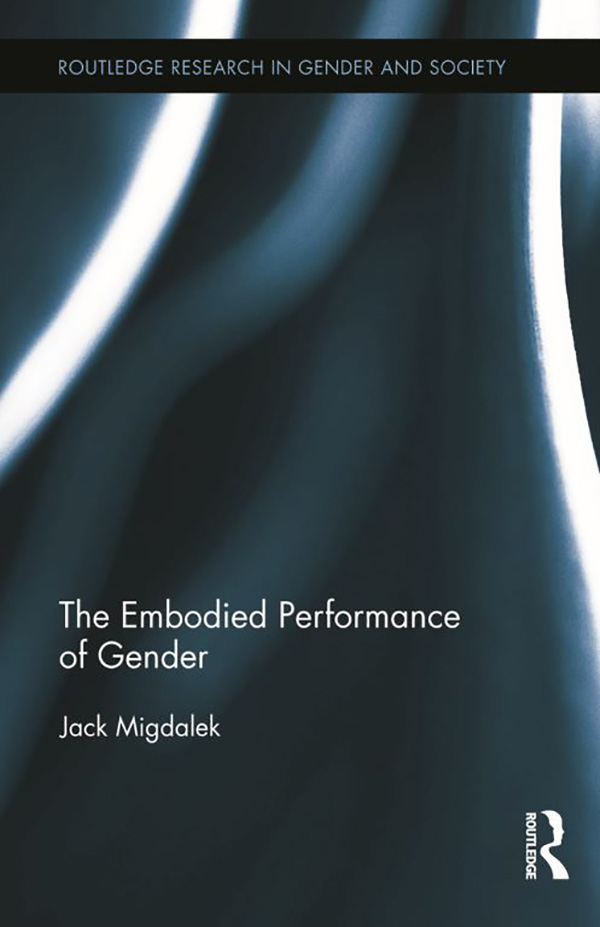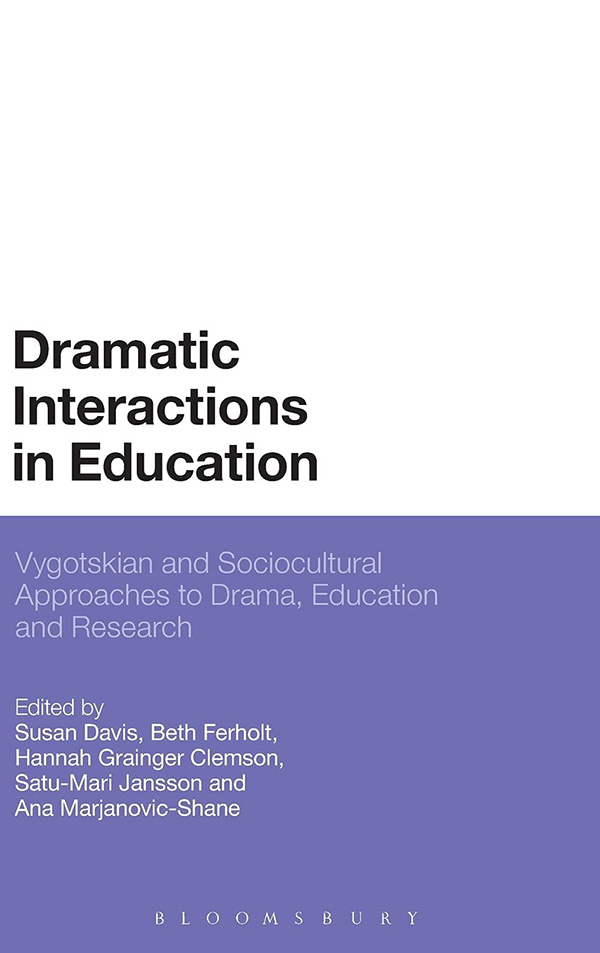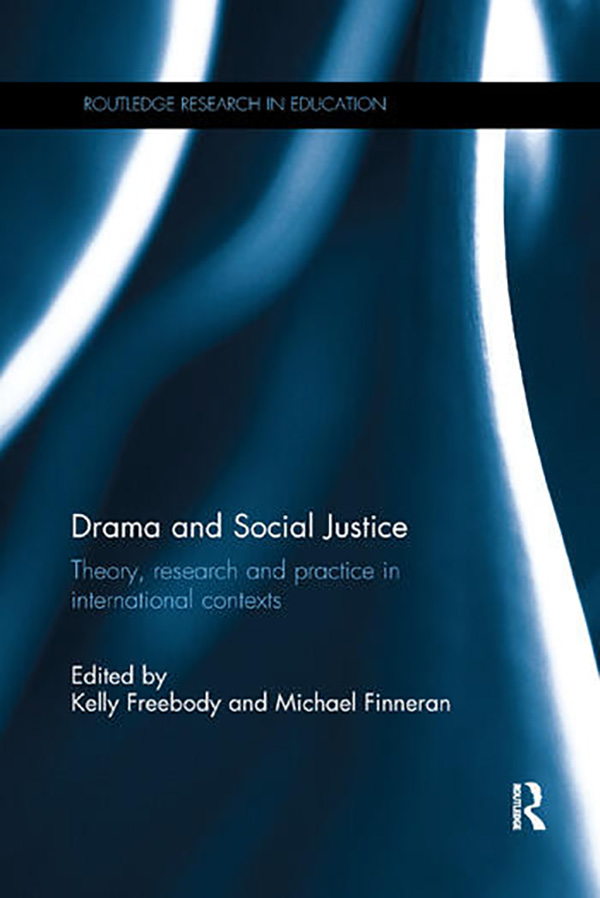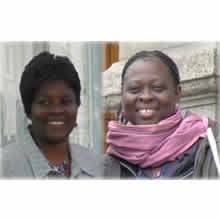Transforming the Teaching of Shakespeare with the Royal Shakespeare Company
This book tells the story of the Royal Shakespeare Company’s acclaimed and influential project to transform the teaching of Shakespeare in schools. It examines their approaches to making his plays more accessible, enjoyable and relevant to young people, describing the innovative classroom practices that the Company has pioneered and locating these within a clearly articulated theory of learning. It also provides evidence of their impact on children and young people’s experience of Shakespeare, drawing upon original research as well as research commissioned by the RSC itself.
By Joe Winston

